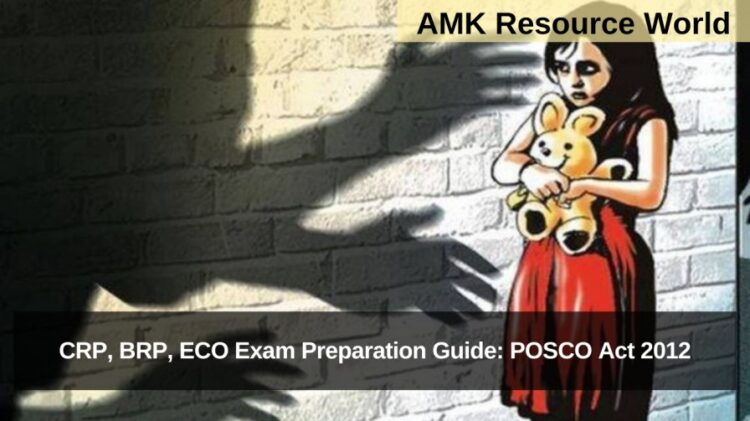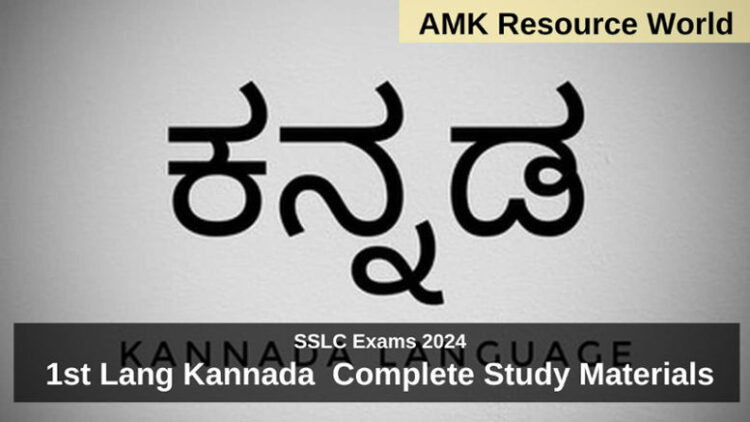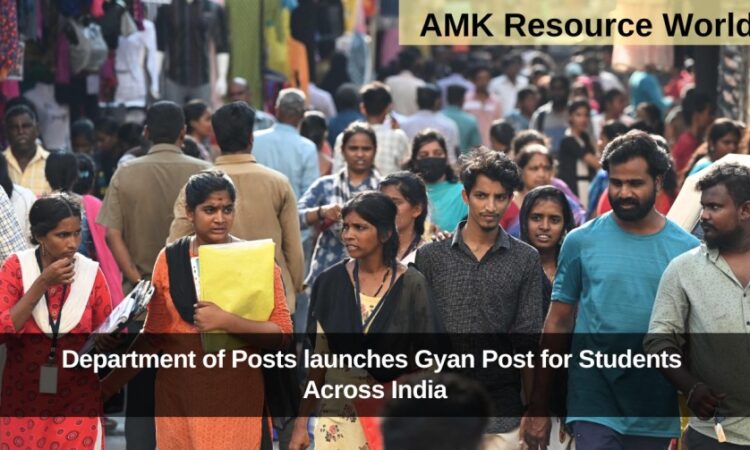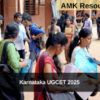The Protection of Children from Sexual Offences (POCSO) Act, 2012 is one of India’s most significant legal frameworks aimed at safeguarding children from sexual abuse and exploitation. Enacted by the Government of India, this act provides a robust legal structure for the protection of children (individuals below the age of 18 years) against sexual offences, ensuring their safety and dignity.
Before the POCSO Act, the Indian Penal Code (IPC) lacked specific provisions addressing various forms of sexual abuse against children. The existing laws were insufficient and gender-biased, often failing to recognize the unique vulnerabilities of children. Recognizing this legal gap, the Indian Parliament passed the POCSO Act in 2012, bringing in gender-neutral, child-friendly provisions that revolutionized child protection laws in India.
KEY FEATURES OF THE POCSO ACT
The POCSO Act defines and criminalizes a wide range of sexual offences against children, including penetrative sexual assault, sexual harassment, non-penetrative sexual assault, and using a child for pornographic purposes. One of its most commendable features is its gender-neutral approach—meaning it applies equally to both boys and girls.
Another unique aspect of the act is the creation of Special Courts for speedy trials of such offences. These courts are mandated to conduct child-friendly proceedings and aim to complete trials within a period of one year from the date of taking cognizance of the offence.
The Act also mandates mandatory reporting of child sexual abuse. This means any person who has knowledge of such an offence must report it to the police or relevant authorities. Failure to do so is punishable by law, making the community an active participant in child protection.
Furthermore, the Act lays emphasis on victim protection and confidentiality. It ensures that the identity of the child is not disclosed during legal proceedings and allows for the presence of a trusted person during the child’s testimony. The child must not be called repeatedly to testify in court, and efforts are made to reduce the trauma involved in the judicial process.
AMENDMENTS AND CHALLENGES
The Act was further strengthened through the POCSO (Amendment) Act, 2019, which introduced harsher punishments, including the death penalty for aggravated penetrative sexual assault. The amendments also address newer forms of crimes such as child pornography and digital abuse.
Despite the progressive nature of the Act, its implementation continues to face several challenges. These include a lack of trained police personnel, delayed investigations, and insensitivity during medical examinations
| Also read: CRP, BRP, ECO Exam Preparation Guide: Mid Day Meals (PM POSHAN) |
and court proceedings. There is also a need for broader awareness campaigns to educate children, parents, teachers, and communities about the provisions of the Act and how to seek justice.
The POCSO Act, 2012 is a powerful legal instrument designed to protect children from sexual offences and uphold their rights to safety and dignity. While legal reforms have laid a strong foundation, the true impact of the POCSO Act will be realized only when society actively works to implement its provisions with sensitivity, speed, and seriousness. Empowering children and creating safer spaces for them remains a collective responsibility—and the POCSO Act is a vital step in that direction.
MULTIPLE CHOICE QUESTIONS WITH KEY
| MCQ | CLICK HERE |
RESOURCE HANDBOOKS
| Handbook 1 | CLICK HERE |
| Handbook 2 | CLICK HERE |
| Handbook 3 | CLICK HERE |














































